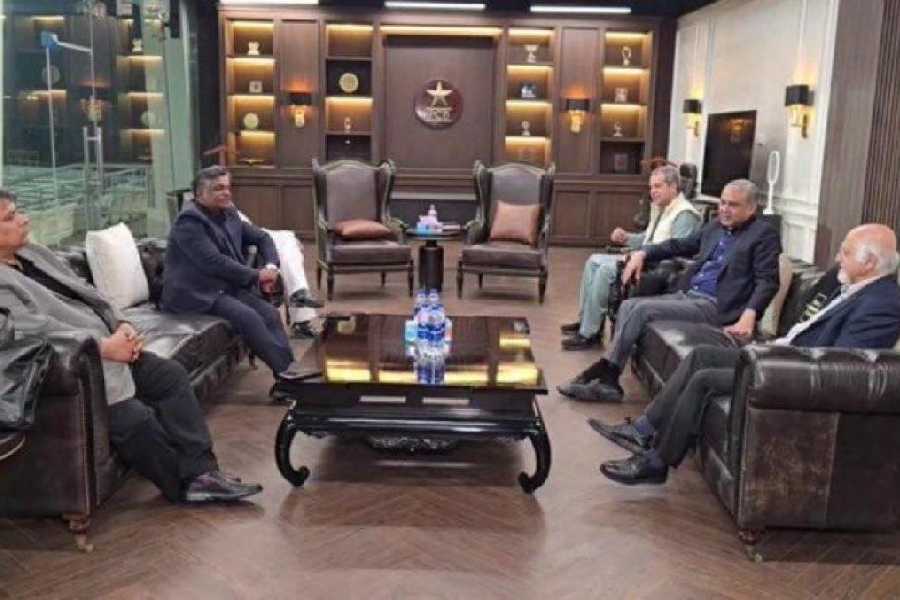 |
| A scene from Chitralekha |
Still bound by Ustad Zakir Hussain’s spell, the city was charmed again, this time by well-known elocutionist Bratati Bandyopadhyay.
The programme was organised by the Bengali little magazine group, Eka Ebong Koyekjon at ITA-Pragjyoti Centre for Performing Arts last week. It began with the felicitation of cultural activist Anil Das and writer Arupa Patangiya Kalita.
A recitation artiste of enviable skill, Bratati has taken this performing art to a rare height. Her rendition of 16 poems, from Rabindranath Tagore to Joy Goswami, was refreshing and enchanting, maintaining the inner essence of each poem in a brilliant fashion. Her choice of poets included two eminent ones from Bangladesh.
Her most outstanding quality was the effortlessness with which she recited 16 long poems with no script in hand.
To mark the centenary celebrations of Tagore’s Geetanjali, Bratati began her 90-minute recitation programme with a piece from that Nobel prize-winning poetry collection.
Next, she recited a poem by Shamsur Rahman of Bangladesh passionately with the help of excellent flute accompaniment. This was followed by Tagore’s Suprabhaat. Bratati’s voice modulation was simply superb.
The next number was a long Kazi Nazrul piece. While presenting Sukanta Bhattacharyya’s Jaagbaar Din Aaj, she used rhythmic support.
Bratati then recited Jibonananda Das’s Aabaar Aasibo Phire, Satyendranath Dutta’s Mollar Gaan, Sunil Gangopadhyay’s Bharatbarsher Maanchitrer Opor Daariye, Debesh Thakur’s Maanchitra and Bangladeshi poet Humayun Kabir’s Shubhecchaa.
Kabir’s piece will be remembered for Bratati’s immaculate rendition of the beginning lines of the poem, Bhaalo Theko Phool Misti Bokul, Bhaalo Theko Bhaatiyaali.
She rendered Upendrakishore and Sukumar Ray in an extremely lively manner.
Joy Goswami’s Ishwar O Premiker Sanglaap, Shubho Dasgupta’s Janmadin and, finally, Mallika Sengupta’s Maa Tujhe Saalaam brought up the rear. While all three bore the seal of Bratati’s excellent skill, special mention must be made of the last number where she brought in the essence of Chandipaath — hailing the power of a woman.










